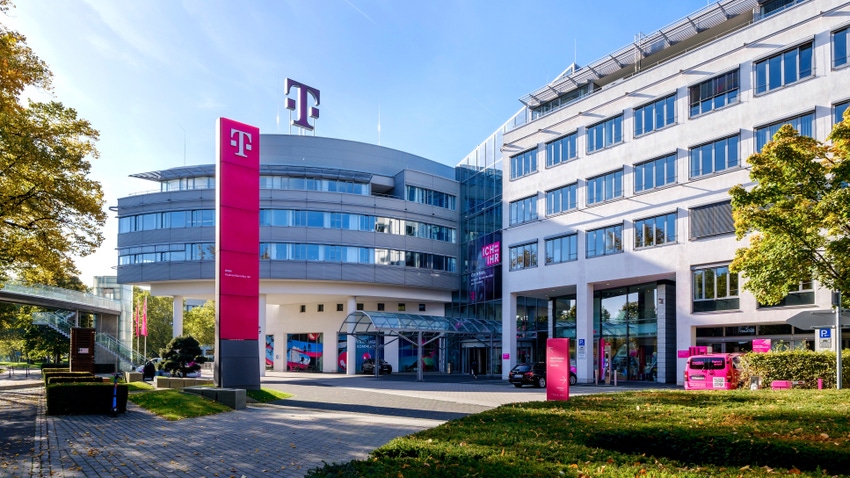Deutsche Telekom partners with Bosch, Fetch.AI for Web3 applications
DT is the first corporate partner to join the Fetch.AI Foundation co-founded by Bosch, while becoming a validator on Fetch.AI's blockchain.

Deutsche Telekom (DT) has become the first corporate partner to join the Fetch.ai Foundation, with the telco's subsidiary MMS acting as a validator for the Fetch.ai platform.
Fetch.ai is a Web3 infrastructure provider that seeks to unlock new peer-to-peer business models by merging AI and blockchain. To that end, it has created an open-source blockchain built on the Cosmos protocol. It relies on AI-driven autonomous agents, which it says can connect, search and transact to create dynamic marketplaces.
To those unfamiliar with the term, Web3 refers to the idea of a blockchain-based, decentralized Internet, as opposed to Web2.0, dominated by social networking, user-generated content and cloud computing.
The firm launched the Fetch.AI Foundation together with Bosch in February 2023. The aim is to research, develop and deploy Web3 technology for mobility, industrial and consumer use cases. This fits in with Bosch's areas of expertise, given it operates across mobility, industrial technology, consumer goods, and energy and building technology sectors. The foundation says it draws inspiration from the Linux Foundation, which focuses on decentralized, open source innovation.
Making Fetch(.ai) happen
Dirk Röder, head of the Web3 infrastructure and solutions team at Deutsche Telekom MMS, said the partnership between the three companies "combines industrial applications with the Internet of Things. Autonomous agents will automate industrial services, simplify processes and make them secure and scalable thanks to blockchain technology."
The companies say pairing blockchain with AI creates several benefits, including providing secure and transparent data storage, which gives AI access to reliable data sets. The AI can then leverage blockchain to make more informed decisions.
Apart from providing its infrastructure and telecommunications expertise, Deutsche Telekom MMS will also act as a validator for the Fetch.ai platform. This means its task is to check new transactions are valid before adding them to a blockchain, keeping the network secure.
This is not Deutsche Telekom's first foray into blockchain. It is already providing its staking and validation services on several platforms, including Ethereum, one of the biggest distributed ledgers. Others include Polkadot, Celo or Q.
It also isn't the only telco to become involved in blockchain as a validator. Telefónica has partnered with US-based Celo Foundation, which is seeking to promote financial inclusion, greater use case adoption and sustainability through blockchain.
Vodafone has, meanwhile, taken up this role through its economy-of-things subsidiary Vodafone Digital Asset Broker (DAB), which has partnered with the Aventus Network.
Read more about:
EuropeAbout the Author(s)
You May Also Like












